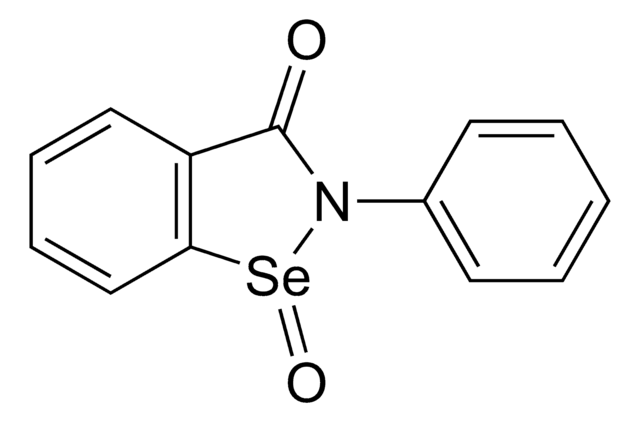V900486
Pancreatin from porcine pancreas
Vetec™, reagent grade
Synonym(s):
Pancreatin from hog pancreas
Sign Into View Organizational & Contract Pricing
All Photos(2)
About This Item
Recommended Products
grade
reagent grade
product line
Vetec™
form
powder
storage temp.
−20°C
Looking for similar products? Visit Product Comparison Guide
Biochem/physiol Actions
Pancreatin contains enzymatic components including trypsin, amylase and lipase, ribonuclease, and protease, produced by the exocrine cells of the porcine pancreas. This combination of enzymes allows it to hydrolyze proteins, starch and fats. Pancreatin will convert not less than 25 times its weight of potato starch into soluble carbohydrates in 5 minutes in water at 40°C, will digest not less than 25 times its weight of casein in 60 minutes at pH 7.5 at 40°C and will release not less than microequivalents of acid per min per mg pancreatin from olive oil at pH 9.0 at 37°C.
Legal Information
Vetec is a trademark of Merck KGaA, Darmstadt, Germany
Signal Word
Danger
Hazard Statements
Precautionary Statements
Hazard Classifications
Eye Irrit. 2 - Resp. Sens. 1 - Skin Irrit. 2 - Skin Sens. 1 - STOT SE 3
Target Organs
Respiratory system
Storage Class Code
11 - Combustible Solids
WGK
WGK 1
Flash Point(F)
Not applicable
Flash Point(C)
Not applicable
Certificates of Analysis (COA)
Search for Certificates of Analysis (COA) by entering the products Lot/Batch Number. Lot and Batch Numbers can be found on a product’s label following the words ‘Lot’ or ‘Batch’.
Already Own This Product?
Find documentation for the products that you have recently purchased in the Document Library.
Jaroslaw Czubinski et al.
Journal of agricultural and food chemistry, 60(7), 1830-1836 (2012-01-24)
Lupin seed globulin proteins form complexes with flavonoids, predominantly apigenin C-glycosides. Enzymes typical for the gastrointestinal tract were used to hydrolyze lupin seed globulins. Release of native flavonoids as a result of the proteolysis reaction was observed. Different analytical methods
Zahari Vinarov et al.
Food & function, 3(11), 1206-1220 (2012-08-18)
We describe a relatively simple in vitro model for triglyceride (TG) lipolysis which mimics closely the conditions in the human stomach and small intestine. The main model advantages are: (1) as in vivo, sodium bicarbonate is used for buffering; (2)
K E Aarak et al.
The British journal of nutrition, 110(8), 1402-1410 (2013-03-21)
In the present study, we hypothesised whether in vitro digestion of salmon oil would release different amounts of PUFA depending on the origin of the lipolytic enzymes used. For this purpose, in vitro digestion of salmon oil (SO) was performed
Mireille Andriamihaja et al.
Amino acids, 44(2), 563-572 (2012-09-12)
Utilisation of microbial enzymes may represent an alternative strategy to the use of conventional pancreatin obtained from pig pancreas for the treatment of severe pancreatic insufficiency. In this study, we focused on the capacity of two microbial preparations for their
C M Seiler et al.
Alimentary pharmacology & therapeutics, 37(7), 691-702 (2013-02-07)
Pancreatic exocrine insufficiency (PEI) often occurs following pancreatic surgery. To demonstrate the superior efficacy of pancreatin 25 000 minimicrospheres (Creon 25000 MMS; 9-15 capsules/day) over placebo in treating PEI after pancreatic resection. A 1-week, double-blind, randomised, placebo-controlled, parallel-group, multicentre study with
Our team of scientists has experience in all areas of research including Life Science, Material Science, Chemical Synthesis, Chromatography, Analytical and many others.
Contact Technical Service









